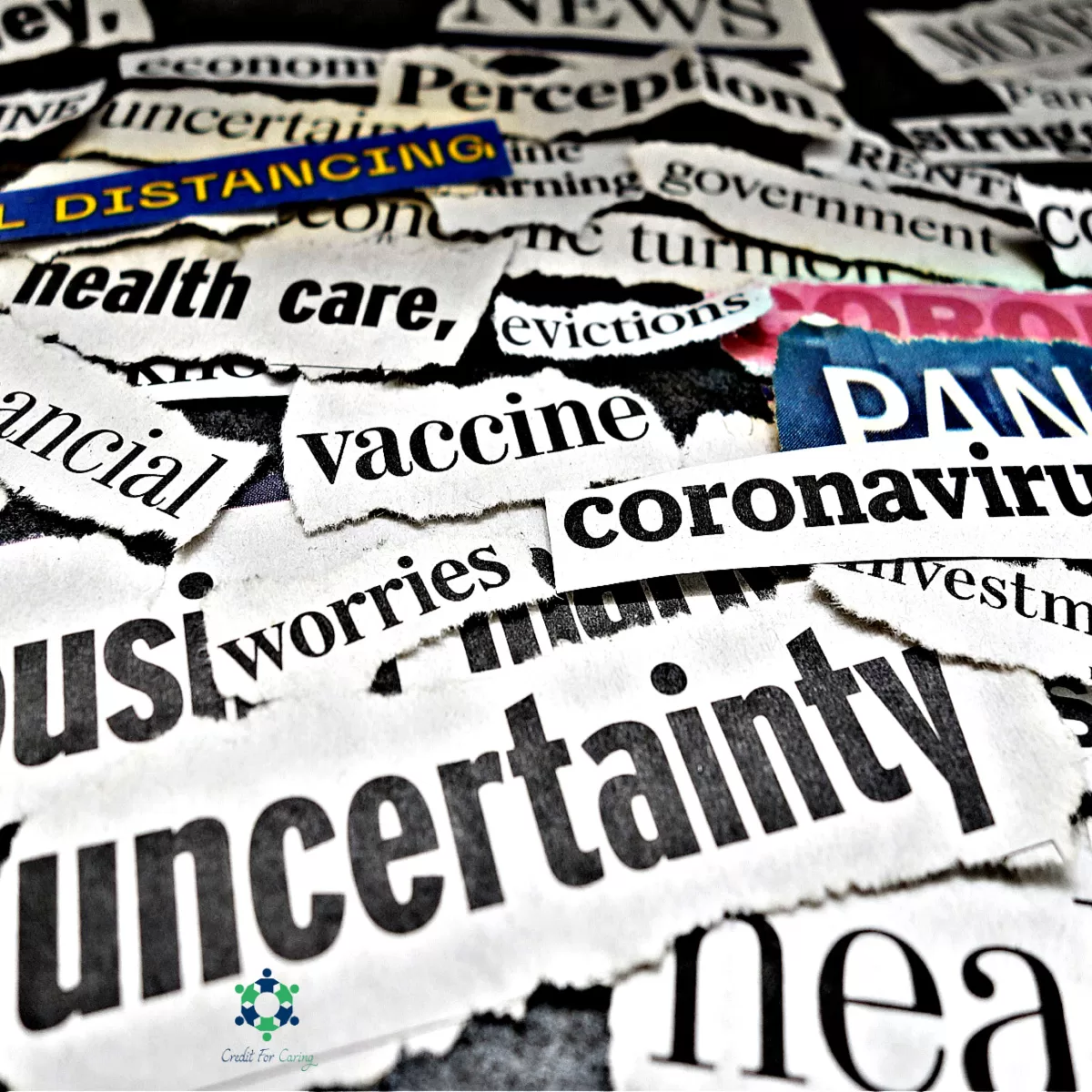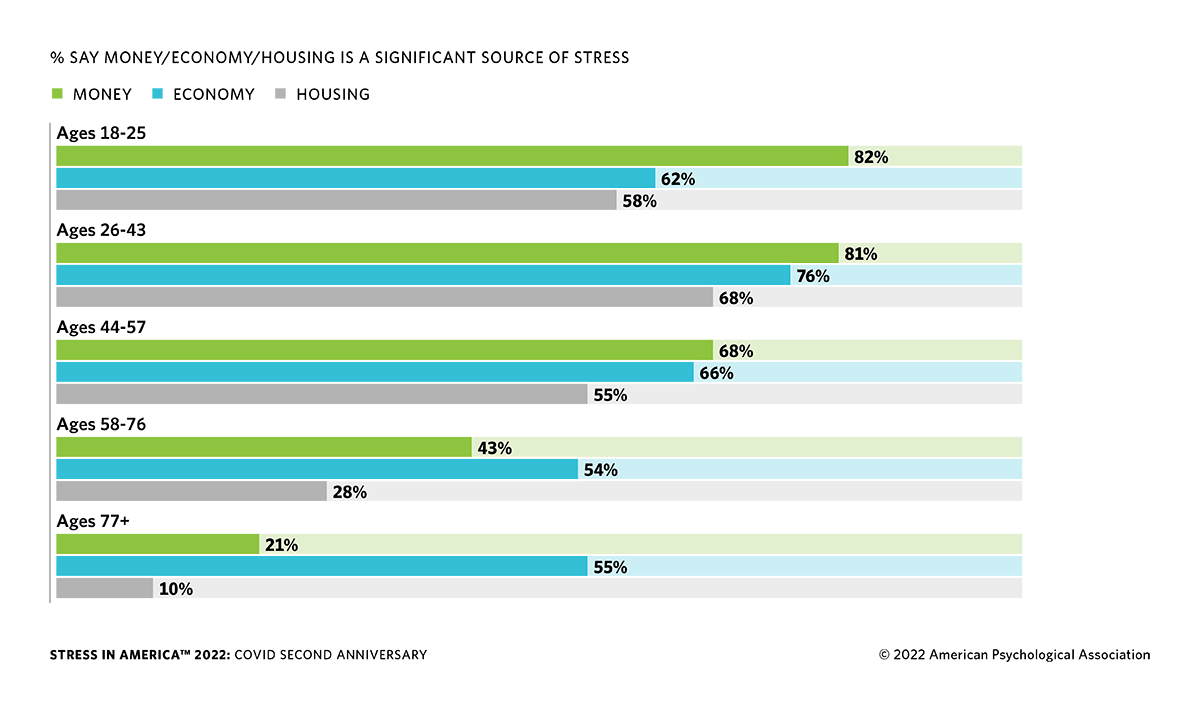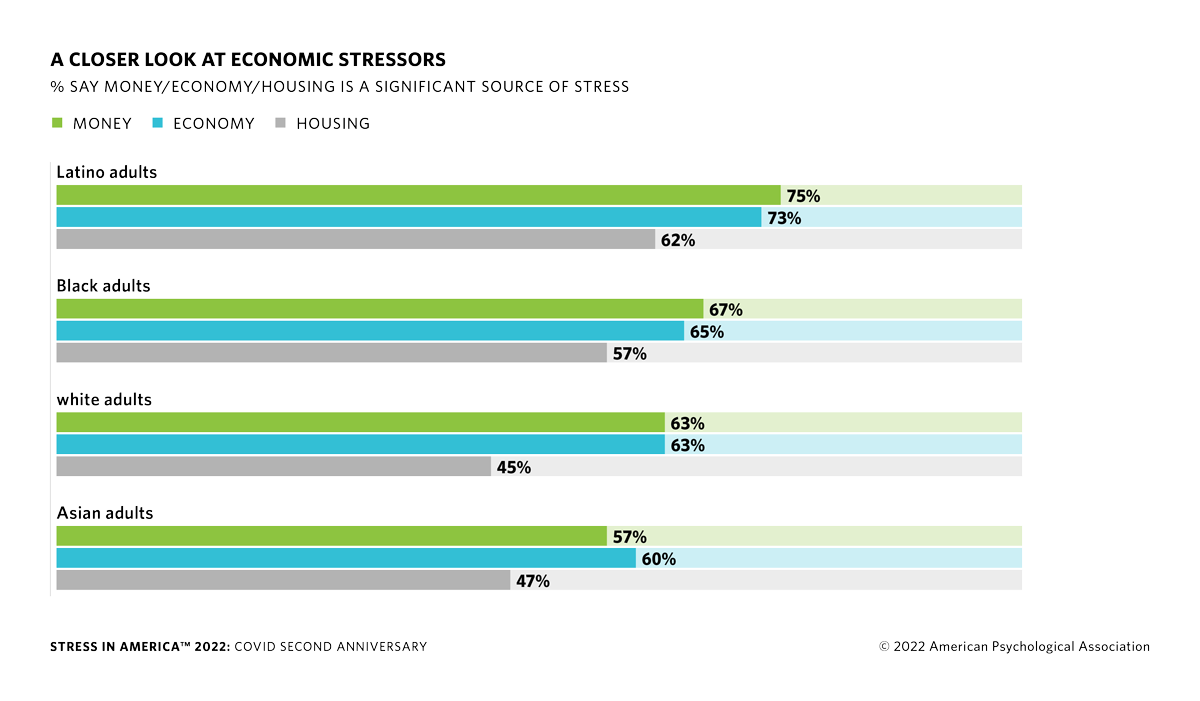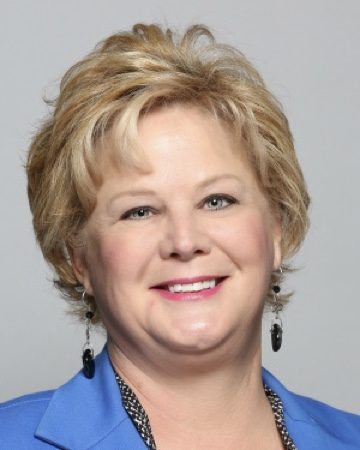
Taking Control and Seeking Help in Stressful Times
Ugh, life is so heavy right now. The pandemic is unrelenting. Crime rates are soaring. Gas prices are rising. It seems every aspect of our daily lives is under assault right now. All this financial uncertainty is leading to record numbers of anxiety, depression, and other mental health issues and physical manifestations like insomnia, substance abuse, eating disorders, and aches and pains.

No generation or ethnic group is immune to the impact. Children are losing summer programs, childcare, and nutrition programs. Parents are balancing rising housing, food, transportation, and care costs. Senior adults and other people of fixed incomes live in fear that the monthly checks will not be sufficient to reach the end of the month. These are hard times. There is no magic wand to wave to make this all go away. Feeling out of control is not your imagination nor are you alone in this ugly journey.

Strategies to Get Through Hell
There is no magic wand or pill to erase the suffering. Winston Churchill once said, “If you are going through hell, keep going.” This is our collective hell of 2022, let us keep going together.
- Put on your sneakers and walk! Start out with a short walk and build on it every day. Exercise reduces dementia risk by 50% according to Alzheimer’s Disease Research and Prevention Foundation and increases bone density.
- Open the curtains and absorb the sunshine. The sun heals our brains and bodies. Get your daily Vitamin D and strengthen your immune system by enjoying time in the great outdoors.
- Bedrooms should be quiet, safe spaces. Reserve your bed for sleep and sex. Get out of bed and move around for all your other tasks even if it’s moving to a chair next to the bed.
- Start your day with gratitude. Train your brain for positive thoughts as you wake and throughout the day. Positive thoughts boost brain functioning and reduces anxiety.
- Make new friends and reconnect with old ones. The Pew Research Center asked a cross section of Americans about what makes them feel lonely. The number one reason, across all age groups, is family conflicts, followed by lack of social connections, job stress and finances. The pandemic interrupted our lives. Are you ready to be social again?
- Stress management is not hard to understand, it’s hard to practice. I recommend these six techniques to finding an inner peace.
You are not Alone
If you feel like you may harm yourself or someone else, please reach out for help. The Substance Abuse and Mental Health Services Administration (SAMHSA) is here. SAMHSA’s National Helpline, 1-800-662-HELP (4357) (also known as the Treatment Referral Routing Service), or TTY: 1-800-487-4889 is a confidential, free, 24-hour-a-day, 365-day-a-year, information service, in English and Spanish, for individuals and family members facing mental and/or substance use disorders. This service provides referrals to local treatment facilities, support groups, and community-based organizations.
Also visit the online treatment locator, or send your zip code via text message: 435748 (HELP4U) to find help near you. Read more about the HELP4U text messaging service.
What Is Substance Abuse Treatment? A Booklet for Families
Created for family members of people with alcohol abuse or drug abuse problems. Answers questions about substance abuse, its symptoms, different types of treatment, and recovery. Addresses concerns of children of parents with substance use/abuse problems.
Alcohol and Drug Addiction Happens in the Best of Families
Describes how alcohol and drug addiction affect the whole family. Explains how substance abuse treatment works, how family interventions can be a first step to recovery, and how to help children in families affected by alcohol abuse and drug abuse.
It’s Not Your Fault (NACoA) (PDF | 12 KB)
Assures teens with parents who abuse alcohol or drugs that, “It’s not your fault!” and that they are not alone. Encourages teens to seek emotional support from other adults, school counselors, and youth support groups such as Alateen, and provides a resource list.
It Feels So Bad: It Doesn’t Have To
Provides information about alcohol and drug addiction to children whose parents or friends’ parents might have substance abuse problems. Advises kids to take care of themselves by communicating about the problem and joining support groups such as Alateen.
After an Attempt: A Guide for Taking Care of Your Family Member After Treatment in the Emergency Department
Aids family members in coping with the aftermath of a relative’s suicide attempt. Describes the emergency department treatment process, lists questions to ask about follow-up treatment, and describes how to reduce risk and ensure safety at home.
Family Therapy Can Help: For People in Recovery From Mental Illness or Addiction
Explores the role of family therapy in recovery from mental illness or substance abuse. Explains how family therapy sessions are run and who conducts them, describes a typical session, and provides information on its effectiveness in recovery.



